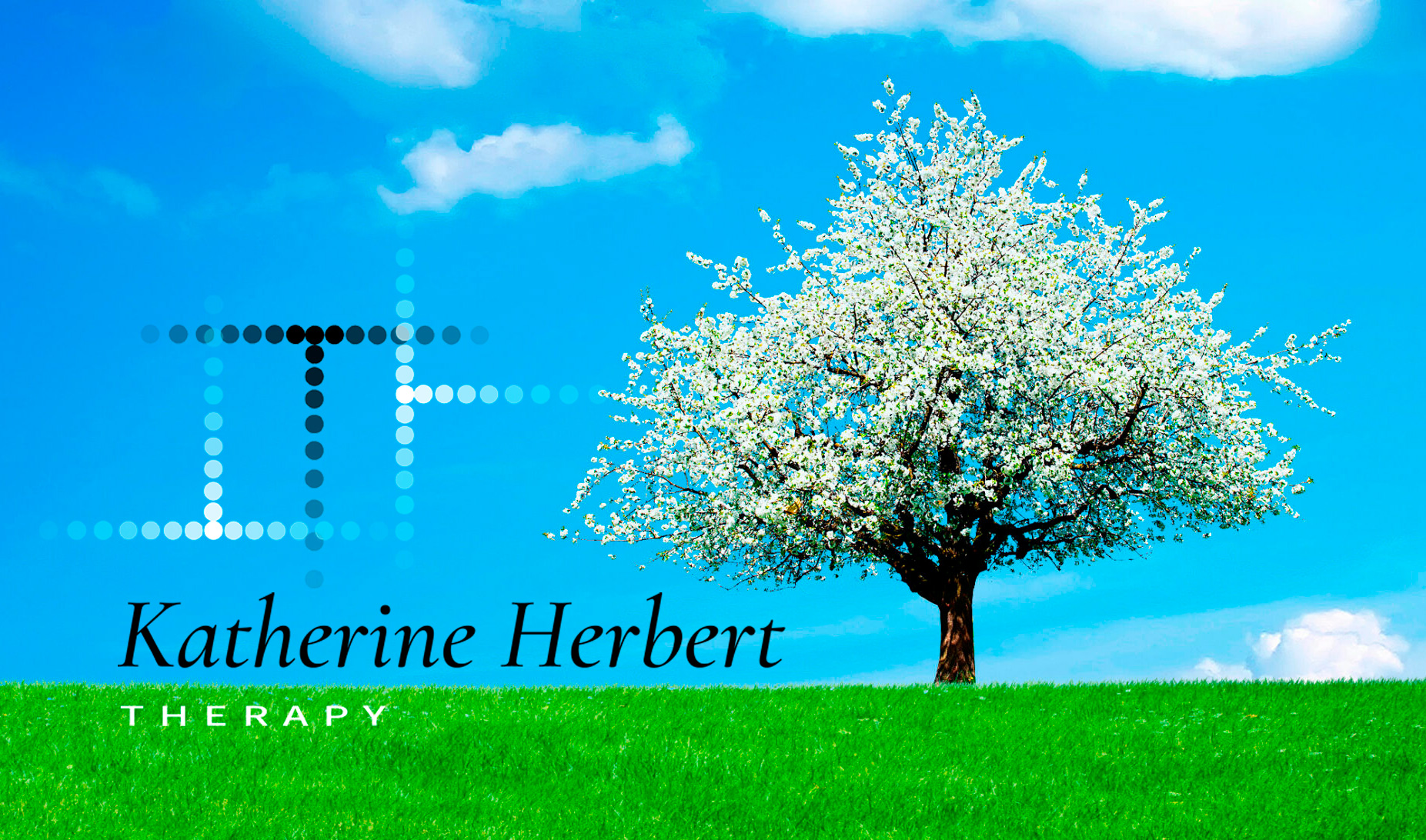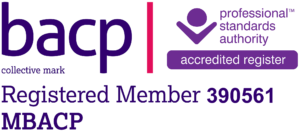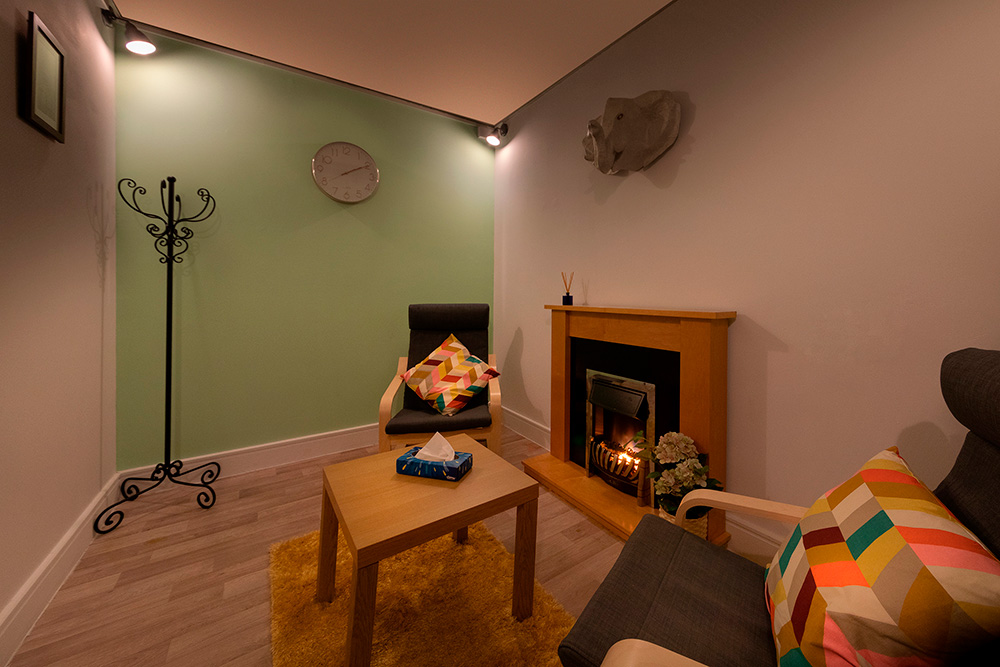
Katherine Herbert is a fully qualified and experienced Counsellor and registered member of the British Association of Counsellors and Psychotherapists (BACP) based in Watford, Hertfordshire.
 My training background is as an Integrative Counsellor, this means looking at a person individually and as a whole. Emotional, physical and mental needs are then taken into account. Techniques and tools are then taken from different Counselling models to tailor an individual approach for them.
My training background is as an Integrative Counsellor, this means looking at a person individually and as a whole. Emotional, physical and mental needs are then taken into account. Techniques and tools are then taken from different Counselling models to tailor an individual approach for them.
Whilst doing my training I worked as a support worker for Victim Support and a Counsellor at The Living Room, Safe Haven and Future Living Hertford. Working with clients with a wide range of issues, some of the issues I have worked with are domestic abuse, addictions, low self worth, anxiety, depression, trust issues ,sexual trauma, PTSD, losses such as divorce and losing child contact.
After completing my training I worked with a charity delivering domestic abuse recovery programs for both women and men, separately. Working on self esteem, coping strategies for anxiety and recognising triggers, using Behavioural Therapy for this and much more. My role as support worker within this charity enabled me to access clients needs and develop with them individual plans and pathways so that they could move forwards with their lives, identifying any issues that were keeping them stuck and working with them to resolve that.
I have always been passionate about empowering others and giving people the space to explore their own feelings and most importantly to have their voices heard and validated.
 My training background is as an Integrative Counsellor, this means looking at a person individually and as a whole. Emotional, physical and mental needs are then taken into account. Techniques and tools are then taken from different Counselling models to tailor an individual approach for them.
My training background is as an Integrative Counsellor, this means looking at a person individually and as a whole. Emotional, physical and mental needs are then taken into account. Techniques and tools are then taken from different Counselling models to tailor an individual approach for them.
Whilst doing my training I worked as a support worker for Victim Support and a Counsellor at The Living Room, Safe Haven and Future Living Hertford. Working with clients with a wide range of issues, some of the issues I have worked with are domestic abuse, addictions, low self worth, anxiety, depression, trust issues ,sexual trauma, PTSD, losses such as divorce and losing child contact.
After completing my training I worked with a charity delivering domestic abuse recovery programs for both women and men, separately. Working on self esteem, coping strategies for anxiety and recognising triggers, using Behavioural Therapy for this and much more. My role as support worker within this charity enabled me to access clients needs and develop with them individual plans and pathways so that they could move forwards with their lives, identifying any issues that were keeping them stuck and working with them to resolve that.
I have always been passionate about empowering others and giving people the space to explore their own feelings and most importantly to have their voices heard and validated.
FAQ
Therapies Offered
Qualifications
- Diploma in Integrative Therapeutic Counselling
- Diploma in Couples Counselling & Family Therapy
- Diploma in Domestic Abuse Recovery
- Diploma in Cognitive Behavioural Therapy
- Diploma in Dialectical Behavioural Therapy
- BACP Certificate of Proficiency
- Certificate in Counselling Studies
- Certificate in Mental Health Awareness
- Certificate in Working With Trauma
- Certificate In Working With Addictions
Specialist Work
I have specialised in Domestic Abuse Recovery and Trauma and work with client’s so that they are able to process their experiences and feelings surrounding this. Common issues faced by those that have been abused are low self esteem, anxiety and strong feelings of guilt and shame. I use CBT to challenge these feelings and talking therapy to reconnect to suppressed emotions which tend to be impacting on everyday life. I offer a safe, non-judgemental space for client’s to work through what has happened to them and teach them the tools needed to empower them to move forwards with their life and break free from feeling stuck.
Contact Katherine
Katherine Herbert
46 The Parade
Watford WD17 1AY
tel: 07949 965 374
email: info@watfordtherapist.co.uk


